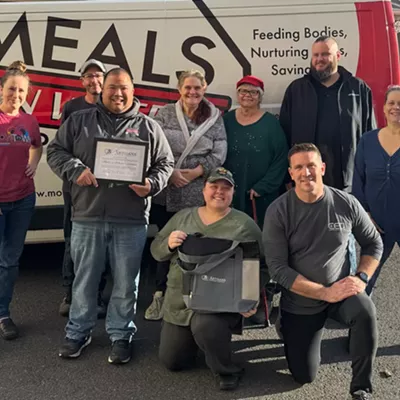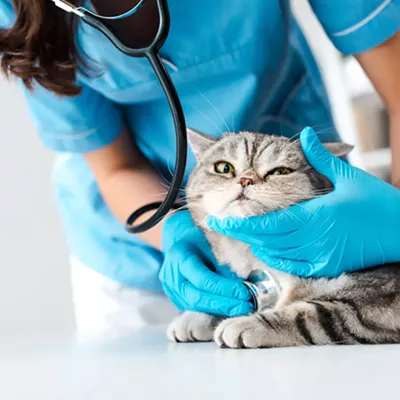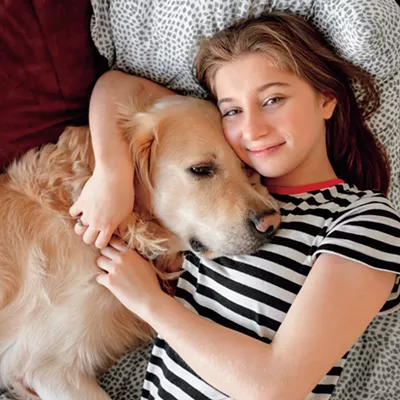There is a growing movement among businesses to introduce wellness programs to help reduce stress in the workplace. After all, stress can lead to reduced productivity and in extreme cases even to the loss of a valuable employee. Programs such as yoga, meditation, exercise, nutritional advice and help for addiction are all directed toward improving workplace conditions and creating a positive work-life balance.
This brought to mind a particular client of mine, Mary. She introduced a unique wawy to reduce anxiety in her work environment — both her own anxiety and her clients'. Mary is a psychotherapist. Her workplace is her home.
One afternoon Mary arrived for her appointment at my vet clinic for Alex's annual wellness exam. Alex is her toy poodle. During the exam she amazed me with an intriguing story about Alex, whom she referred to as her "business partner."
During her therapy sessions she allows Alex to be in the room with her if her clients don't object — few do. Alex can lounge in a chair off in the corner, head between her paws, occasionally perking her ears to the sound of Mary's gentle voice, quietly present.
One day Mary was working with a very shy, nervous young woman who was having difficulty relaxing enough to begin her session. On a hunch, Mary asked her if she would like to hold Alex on her lap. She quickly nodded, and Alex became a participant in her first therapy session, quietly nestled in her lap. It was a wonderful example of "pet therapy."
Mary calls on her canine helper to assist with those pet-loving clients who need extra help relaxing. Alex can either settle comfortably in their lap or lie quietly at their feet, helping them enter much more readily into their therapy session. Mary confided in me her belief that pets have a special bond with people, giving them a feeling of acceptance — unconditionally. In a special way, pets sometimes act as a bridge, helping clients find their way back into the often more difficult world of human acceptance.
The use of pets in therapy sessions, although not unique, is still uncommon. That's unfortunate. Mary admits that she herself is more relaxed with Alex present, and this helps her to be a more effective therapist.
Bob Slack is a retired veterinarian living in Spokane. He currently works with people struggling with addiction.




















